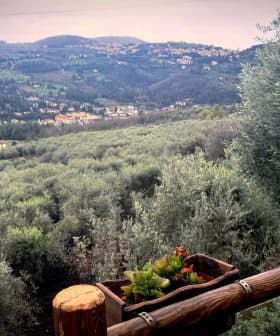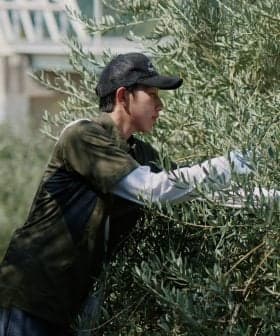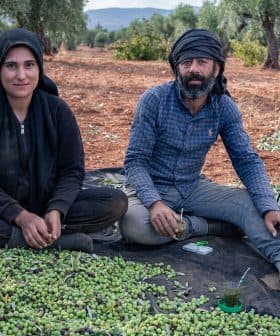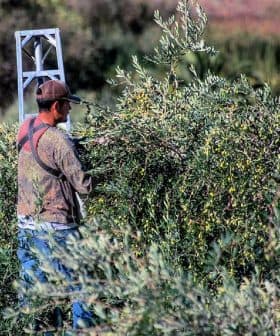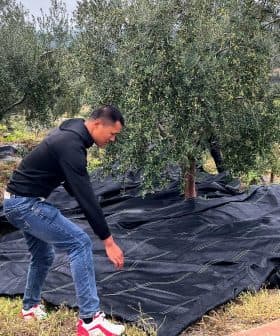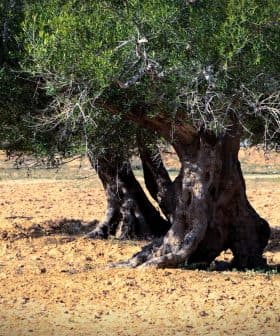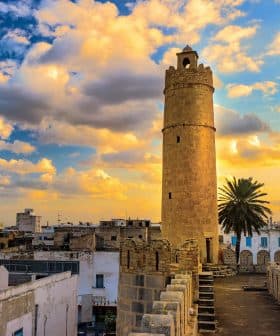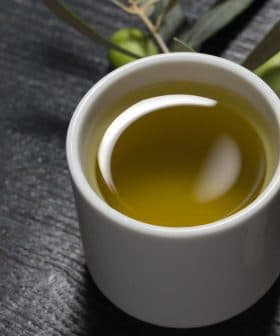 7.9K reads
7.9K readsProduction
Record Harvest in Herzegovina Heralds Expansion of Olive Growing in Western Balkans
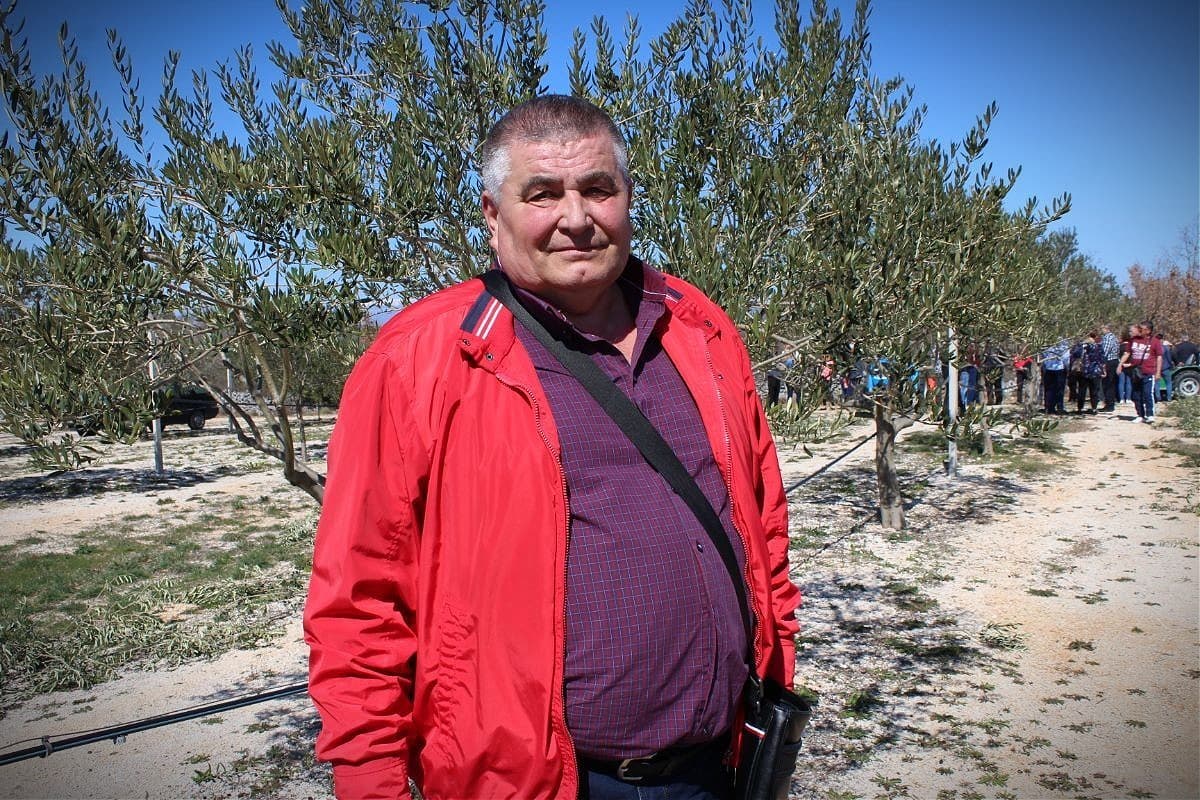
Olive growing in Bosnia and Herzegovina, particularly in Herzegovina, is thriving with a bountiful harvest this year. Producers like Mirko Škegro and Dragan Mikulić are experiencing exceptional yields of extra virgin olive oil, contributing to the country’s growing olive oil industry, which aims to expand production to meet local demand and promote olive oil consumption for its health benefits.
Olive growing in Bosnia and Herzegovina has great potential, especially in Herzegovina, the southernmost and smaller of the two regions, where this year’s olive harvest is ending.
“The crop is better than last year. The fruits are healthy,” Mirko Škegro, an award-winning olive oil producer and winemaker, told Olive Oil Times.
His groves comprise 600 olive trees, of which 50 to 60 are already bearing fruit. From these trees, he has received 250 liters of extra virgin olive oil.
See Also:2022 Harvest Updates“I picked olives when one-third of the fruit on the trees was green, the second third was mottled, and the third was black,” Škegro said.
His Žilavka and Blatina wines regularly win medals at Decanter in London. In addition, his Krš extra virgin olive oil, crafted from Oblica and other autochthonous varieties, has won consecutive awards at the NYIOOC World Olive Oil Competition.
“I go to the most recognized competitions,” Škegro said. “In New York, my oils have been awarded five times in a row, and I hope for a sixth as well.”
The Škegro family farm is located in the hills of western Herzegovina in the town of Radišići, between 132 and 312 meters above sea level and less than 30 miles from the Adriatic Sea.
The area is a local hotspot for endemic biodiversity, partially due to the combination of the Mediterranean and continental climates, resulting in hot days and cold nights that suits both vines and olives.
The olives are immediately processed in the modern mill of the Kiwi Oil Company, owned by Dragan Mikulić, who has the largest olive grove in Herzegovina with 7,000 trees, comprised of mostly Oblica, along with Istarska Bjelica, Buža, Leccino and Pendolino at 220 meters above sea level.
Mikulić, like most other olive growers in Herzegovina, is more than satisfied with this year’s harvest. “We just finished harvesting,” he said.
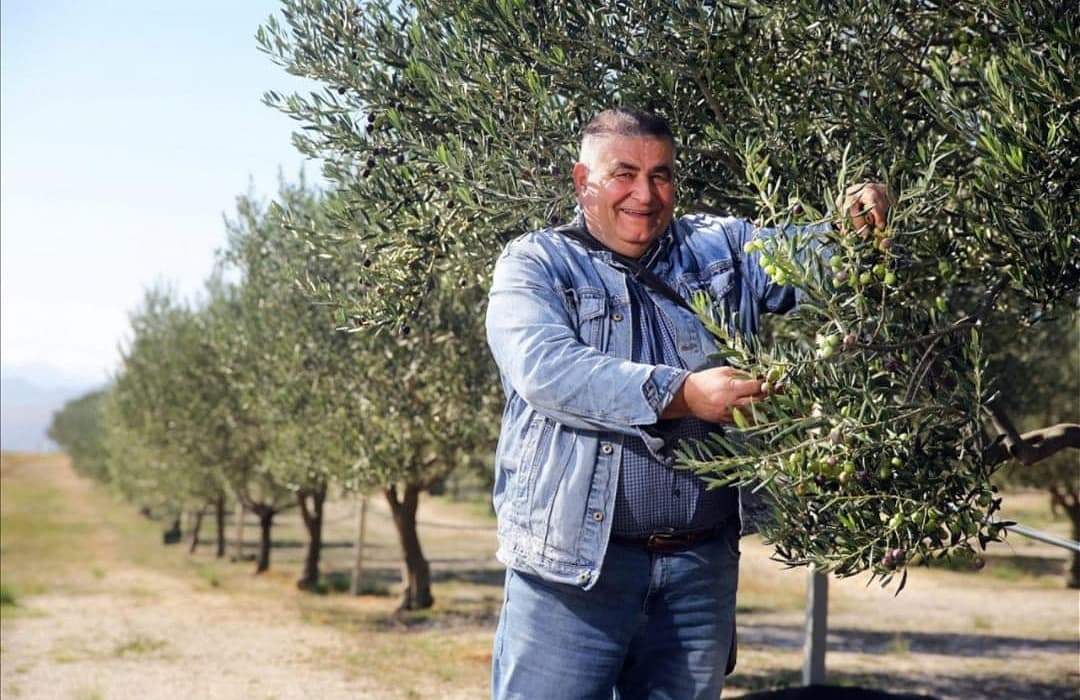
Dragan Mikulić
Mikulić said this harvest was “crazy” and required 100 people to harvest more than 200 tons of fruit during three consecutive weeks. Growers yielded about 25 tons of extra virgin olive oil from these fruits.
With this year’s bountiful harvest as evidence, Mikulić asserted that Herzegovina is ideal for olive growing. “We have water, plenty of sun and winds that benefit the olive trees,” he said.
Despite the drought, the harvest was exceptional. The olives were healthy. There were no moths or olive fruit flies, and the crop was up to three times larger than last year’s, especially in irrigated olive groves.
“When it’s a dry year, the grapes and olive oil always are of better quality,” Mikulić said.
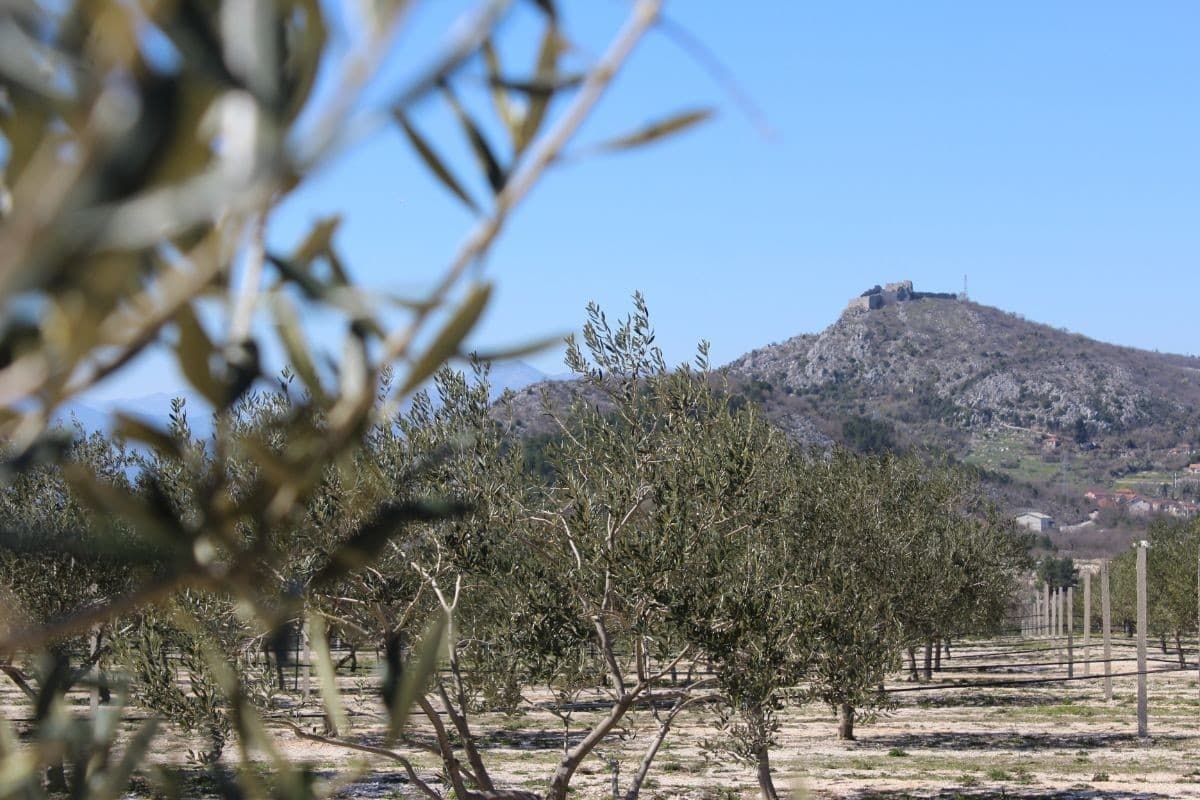
Mikulić’s grove
He has two 300-meter-deep wells in his olive grove, from which he draws water into pools and irrigates all his trees with a drip system. “Without water, there is no olive growing,” Mikulić said.
The producer also expects the quality of this year’s oils will be excellent. However, he added that prices would rise despite the record harvest.
Branded extra virgin olive oil will sell for 40 Convertible Marks (€20.45), the local currency, per liter.
The price increases come from significant increases in production costs. As they are elsewhere, these cost increases are driven by inflation and rising energy prices.
As a result, labor, equipment, milling, packaging material and even labeling costs have more than doubled compared to last year.
See Also:Herzegovian Farmer Looks to Keep Momentum After New York WinNevertheless, Mikulić believes he will sell all the extra virgin olive oil produced this year. “It will end up mostly abroad through private channels as an extremely desirable and high-quality delicacy,” he said.
Due to its proximity to the shrine in Medjugorje, a popular tourist destination, Mikulić said he sells plenty of his olive oil to the visitors.
Quite a few also visit Mikulić’s mill, olive grove and tasting room. They buy olive oil that ends up on the tables of Germany, Poland, the Czech Republic and other non-olive-oil-producing European countries.
Overall, there are seven olive mills in Herzegovina – Mikulić’s mill, another two in Ljubuško and Čapljina, three much smaller ones and a large mill that recently opened in Neum.
“We are taking big steps forward,” Marko Ivanković, director of the Federal Agro-Mediterranean Institute in Mostar, the regional capital, told Olive Oil Times.
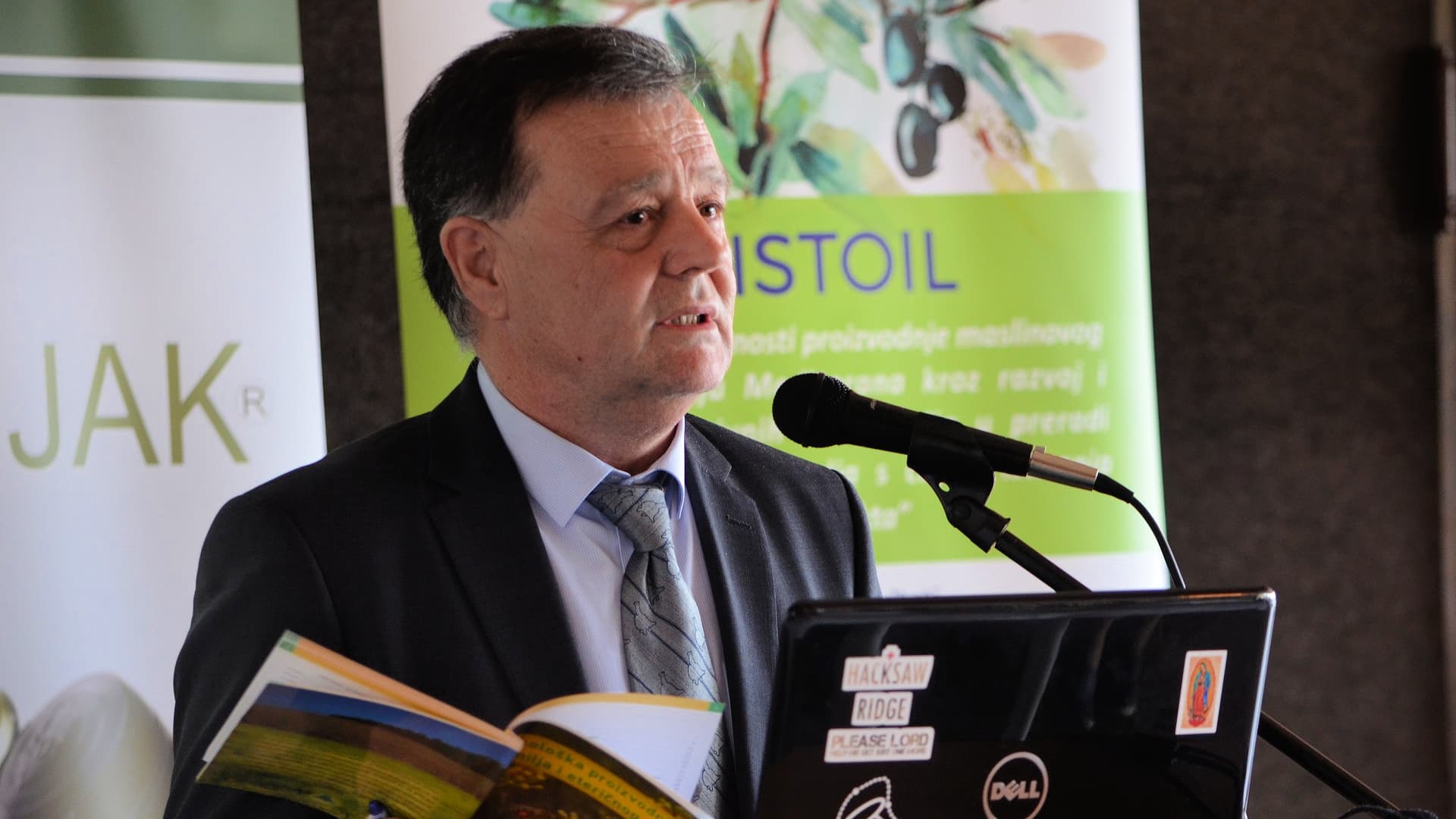
Marko Ivanković
In the past decade, the number of olive trees in Herzegovina has increased from 6,000 to 115,000, spread over 350 hectares. Twenty thousand new trees were planted in 2022 alone.
Ivanković said this was the most significant increase in olive cultivation in any European Mediterranean country.
However, he added that there is still room for expansion, with plans to increase production to meet local demand. Bosnia and Herzegovina consume about 850,087 liters per annum, 0.24 liters per capita.
Currently, most of the 280,000 liters of olive oil produced in the country are exported. Annual olive oil exports are valued at €20,060, while imports cost €1,996,769.
Ivanković said the medium-term goal for the country’s olive sector is to expand the groves from the current 350 to 1,000 hectares.
“We will continue to promote the daily consumption of olive oil as the healthiest food and encourage per capita consumption,” he said.
Future research at the institute will focus on researching the role of olive oil as a functional food, according to Commission Regulation (EU) No 432/2012, which says, “olive oil polyphenols contribute to the protection of blood lipids from oxidative stress.”
To this end, an official panel for organoleptic assessment of virgin olive oils and a national olive oil producer association has been authorized.
“Together with the increase in the number of commercial producers of olive oil and the increase in processing capacity (oil mills), there is an effort to protect the geographical origin of olive oil,” Ivanković concluded.
He is convinced that olive growing in Bosnia and Herzegovina will continue to progress.


